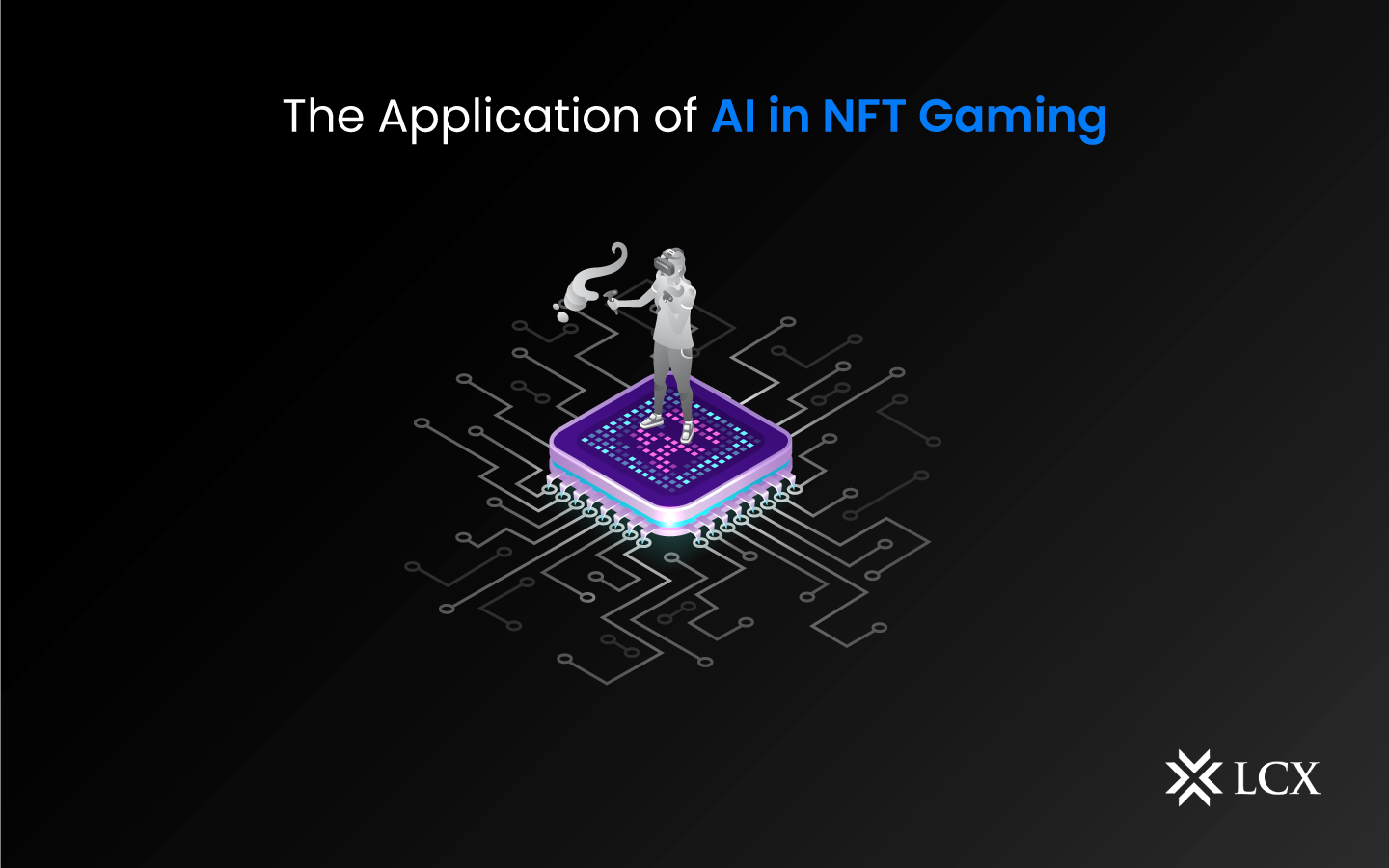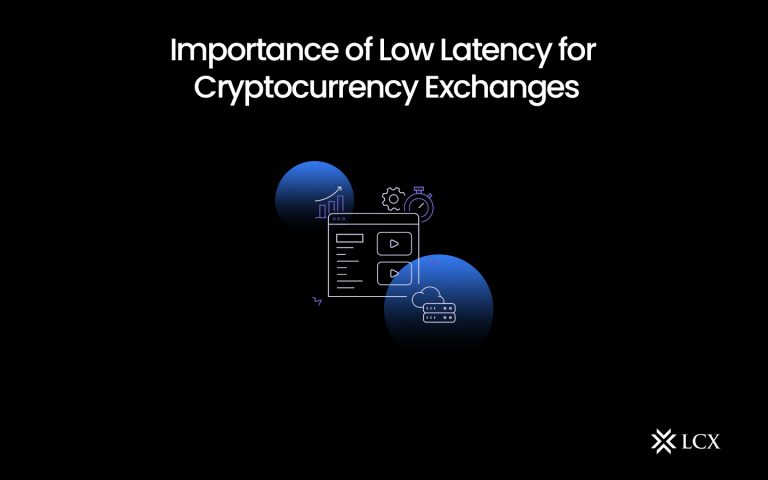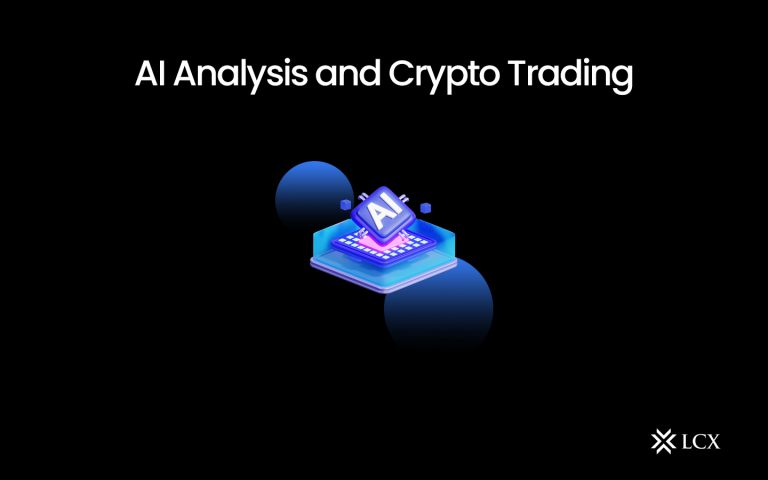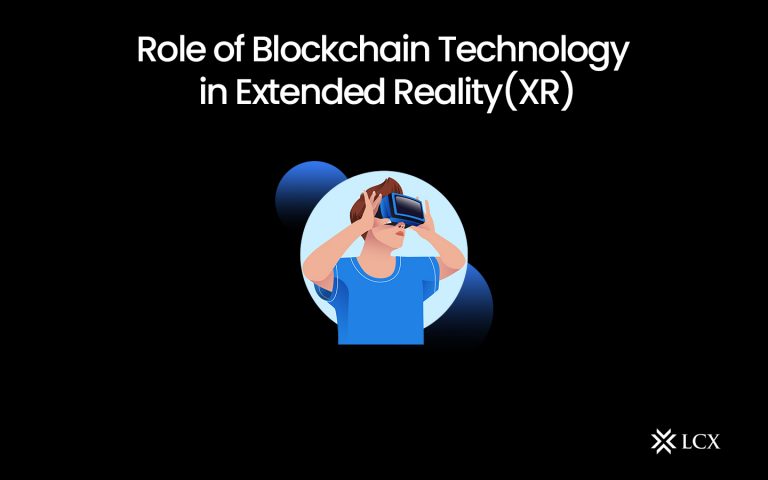With the introduction and expansion of artificial intelligence (AI) technology, many individuals question how AI will impact the game industry. AI has indeed started influencing online games in a variety of ways, and this trend will certainly grow in the years to come. It seems likely that AI will continue to impact video games and the NFT gaming industry in a variety of ways in the future. NFTs have revolutionized the gaming business by allowing gamers to hold and trade distinctive in-game assets, while AI has made gaming efficient, more realistic, and more entertaining.
The Fundamentals of NFT Gaming and AI in Gaming
NFT applications use NFTs as in-game assets, letting participants possess and trade digital things such as guns, gear, and even avatars.
NFT games have become increasingly popular thanks to their unique concept of in-game assets and the opportunity to monetize the gaming experience. AI is a tool that allows computers to imitate intelligence, so they can make decisions and react to environmental changes. AI is utilized in video games to produce more intelligent NPCs, generate more intricate and changeable game worlds, and improve gameplay balance.
AI is applied in video games to simulate realistic player motions. Artificial intelligence has become a fundamental aspect of gaming, enabling even more interactive and appealing experiences.
Around 49 percent of all blockchain utilization in 2021 was for gaming. With almost 1.5 million active wallets connected annually, blockchain-based gaming was the most popular category. In the first quarter of 2022, the market for blockchain-based games increased by 2,000%. Incidentally, $2.5 billion was invested in the blockchain gaming sector during the first quarter of 2022.
Environments and assets within a virtual game
Each time a player enters a video game, generative generation and diversity allow the game to generate a new and random environment for them to enjoy. Utilizing a blend of materials and algorithms that generate fresh content, these games provide players with a constantly shifting gameplay experience. It not only makes the game remain fresh and interesting, but also boosts its replayability by presenting players with new adventures and challenges every time they play.
Potential for gamers and programmers
Using artificial intelligence, developers can create virtual settings that feel more alive and interactive, which has the possibility of improving the authenticity and assimilation of virtual environments for players by giving them access to different, ever-changing worlds that respond to player actions and other factors. Also, we can anticipate interactions with smarter non-player characters. These avatars will appear more lifelike and believable, capable of making their own choices and interacting with participants in a more human-like manner as opposed to following predefined screenplays.
Based on a player’s choices and playing history, AI can be utilized to generate customized in-game elements for them. It can be used to evaluate player data and forecast what types of assets and surroundings they may be attracted to, allowing developers to create more focused and relevant content. This can assist in creating a more personalized and interesting gameplay experience for players. The addition of NFTs to video games has the potential to transform how players interact with and enjoy in-game material.
Through enabling players with greater customization and ownership, NFTs can promote the formation of in-game communities where players can swap and barter assets, resulting in more strategic and lucrative gameplay. AI has the ability to simplify project development and unleash new levels of innovation and creativity among developers. It can drastically reduce the time, skill, and complexity required to create any gaming experience, from developing avatars and assets to potentially constructing complete video games.
A chance for fans to develop modifications
NFTs and artificial intelligence have the potential to transform how players and creators interact with and commercialize in-game content. Creators of third-party skins, maps, and patches for games could acquire a new revenue stream through the use of non-fungible tokens. Modders and developers of user-generated content can release their works for free while still receiving compensation from their audience. In addition, the more realistic and intense gaming experiences that are delivered through the use of AI, the more probable it is that modders will have more opportunities to personalize and sell their creations.
Conclusion
The AI technology’s future in NFT gaming appears promising. As AI algorithms become more complex and powerful, the possibilities for NFT games become infinite. Future games may use AI to generate worlds that are unique to each player, allowing for a more customized and immersive gaming experience. There may also be games that use AI-generated imagery and soundtracks to generate an infinite number of unique in-game things.









